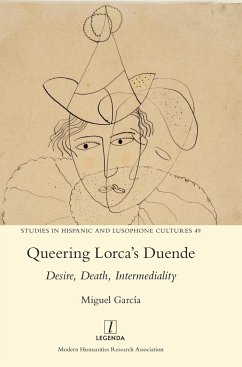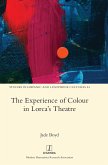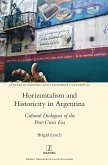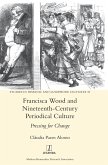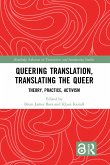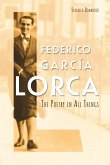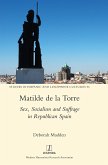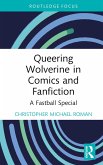Much literature and scholarship has been devoted to the works by Federico García Lorca (1898-1936), one of the greatest Spanish poets and playwrights of the twentieth century. In addition to the multifaceted nature of his artistic production and his canonical status, the interest in Lorca has expanded in a global way due to the mysteries surrounding his death and to his identification with heterodox desires and identities. Thinking critically through these mysteries in this original study, Miguel García proposes a queer reading of the later works by Lorca produced after his sojourn in New York in 1929-30. It reassesses some key aspects of Lorca's notion of duende related to desire, death, and intermediality to elaborate a queer poetics of limit transgressions, offering new and original readings of the multiple creative practices in Lorca's later years, ranging from his late poetry and theatre to his fascinating drawings and his unique film script.Miguel García is Lecturer in Hispanic Studies at the University of Bristol.
Bitte wählen Sie Ihr Anliegen aus.
Rechnungen
Retourenschein anfordern
Bestellstatus
Storno

